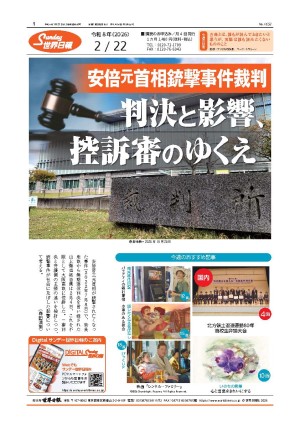パキスタン高官、タリバンとの交渉を米に要求 Pakistani official implores U.S. to end war with Afghan Taliban
【イスラマバード(パキスタン)】米国は武力でアフガニスタンでの戦争に勝とうという思いは捨て、タリバンとの和平合意を目指すべきだ。パキスタンの治安当局者が6日、こう訴えた。
元陸軍将官でパキスタンの国家安全保障顧問のナセル・カーン・ジャンワ氏は、首都イスラマバードでの記者らとの会合で「アフガンと国民の苦難を終わらせよう。紛争に勝つのではなく、紛争を終わらせたい」と語った。
...【全文を読む】







